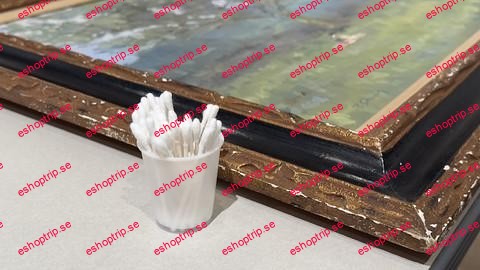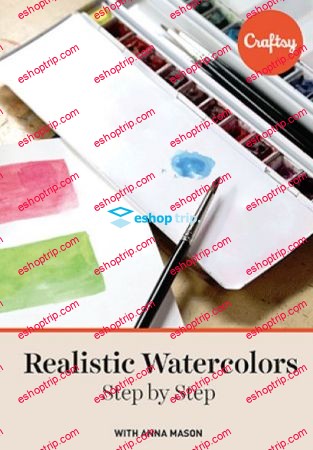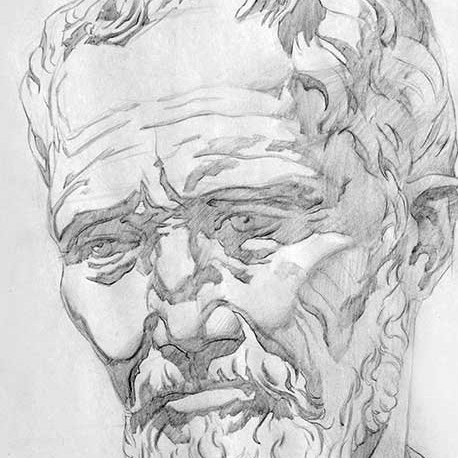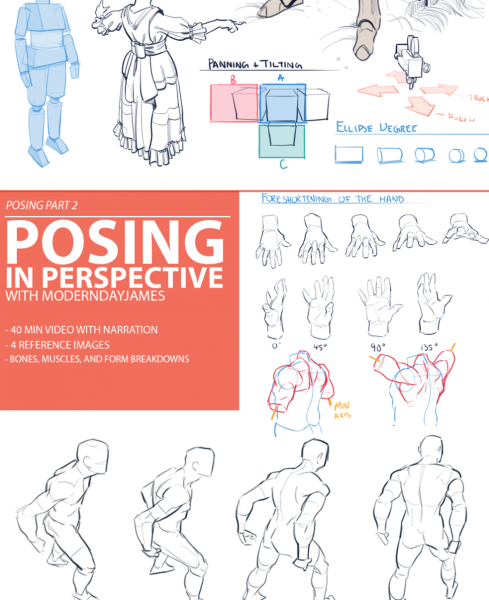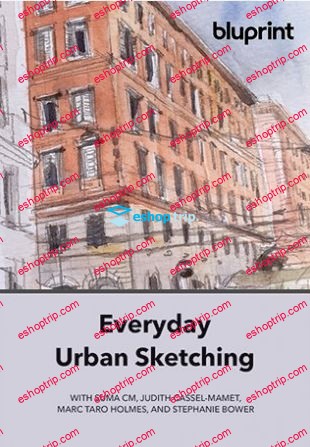Published 10/2024
MP4 | Video: h264, 1920×1080 | Audio: AAC, 44.1 KHz
Language: English | Size: 8.62 GB | Duration: 4h 11m
A Masterclass on Everything Post-Painting
What you’ll learn
Learn naming options for your art
Discover best practices for lighting your work area and artwork
Find out what precautions you should take when storing artwork by paint medium
Step-by-step instructions on photographing and editing images of your artwork
Learn all about framing your work by surface and paint
Discover how best to hang framed work and at what height
See recommended methods for safely cleaning paintings
Become familiar with options when it comes to shipping artwork
Requirements
There are not prerequisites for taking this course.
Description
This may be the most valuable class you never knew you needed. After completing a painting, there are many important tasks that take place, depending on the intent for the piece. If you want to give the painting to a loved one, you will need to know how to prepare it for shipping. If it’s going to be entered in a show, you need to know how to prepare a proper digital image. If you’re going to hang it, you will need to know how to frame it. If it gets dirty over time, you need to know how to clean it. This class covers all of this and much more. It’s a sequential class, but afterwards it can act as a resource for your future reference.The course includes:4 Hours of LectureOver 40 Student Handouts and Activities (Downloadable)We begin with various ways you can sign your work. We then discuss titling your artwork with a look at naming strategies used by the Masters. Documenting your paintings in some form of database or on the back of a painting, is another important topic. Then we’ll learn about the proper ways to handle artwork and some precautions you may want to take to protect your work.The class then covers the topic of storing your paintings by learning the best methods and storage structures in order to protect your work, after which I take you on a tour of my own studio set-up. Next, I give you step-by-step instructions and tips on how to photograph and edit your painting. We then learn all about framing and displaying your artwork, and we’ll take a deep dive into the subject of lighting, as that can have a tremendous impact on how art is viewed. We end the class with a discussion on both cleaning and shipping your paintings.For each topic, I will teach you general information, discuss best practices, and then show you what I do. With this information, you can then decide how you would like to handle the specific topic and make an informed decision.
Overview
Section 1: How to Use the Course Tools
Lecture 1 How to Use the Course Tools (Optional)
Section 2: Introduction
Lecture 2 Introduction
Section 3: Section 1
Lecture 3 Signing Your Work
Lecture 4 Naming Your Art
Lecture 5 Documentation
Lecture 6 Master Signatures
Lecture 7 Handling Your Art
Section 4: Storage
Lecture 8 Storing Your Art
Lecture 9 Storage by Substrate
Lecture 10 Storage Safety by Paint Medium
Lecture 11 Storage Structures
Lecture 12 My Studio Storage
Section 5: Photographing Art
Lecture 13 Photographing Your Art
Lecture 14 Editing Your Photos
Section 6: Framing & Hanging Paintings
Lecture 15 Framing Your Art
Lecture 16 Parts of a Frame
Lecture 17 Framing by Surface & Paint
Lecture 18 Preparing to Hang
Lecture 19 Framing Demonstration: Canvas Art
Lecture 20 Framing Demonstration: Paper Art
Lecture 21 Hanging Systems
Lecture 22 Wall Displays
Section 7: Lighting
Lecture 23 Lighting Your Art
Lecture 24 Lightbulbs
Lecture 25 Lighting Designs
Lecture 26 Studio Lighting Tour
Section 8: Section 7
Lecture 27 Cleaning Your Art
Lecture 28 Shipping Your Art
Lecture 29 Final Remarks
Anyone who creates works of two-dimensional art, whether student or professional
https://anonymz.com/?https://www.udemy.com/course/after-you-paint/
